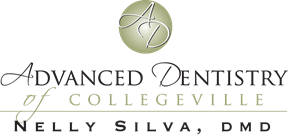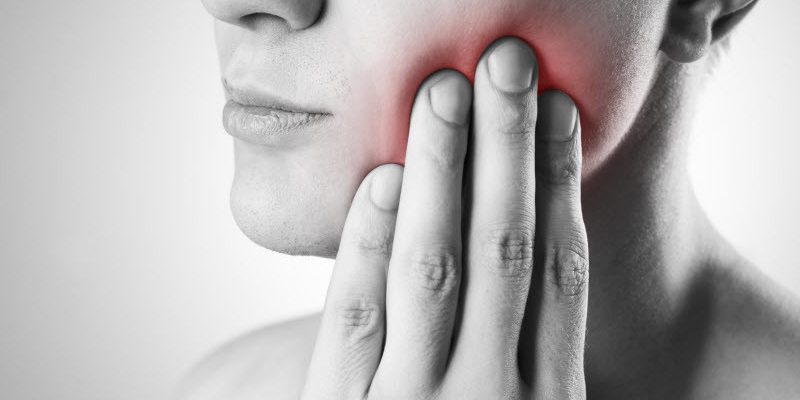Everyone has habits that are hard to break. But did you know that some common habits can damage your teeth over time? Below is a list of some of the most common habits that humans generally do every day. If you find yourself doing something that you read on this list, fear not. We also have included in this list simple solutions that can help you turn around those habits!
- Brushing Too Hard: Your teeth are sensitive, and brushing harder does not make them cleaner. Using a hard bristled tooth brush and/or brushing too hard can irritate your gums and cause bleeding and increased sensitivity.
- Solution: Use a softer toothbrush and remember that your teeth only require a brushing, not a scrubbing or power washing.
- Using Your Teeth as a Tool: Every now and then we all use our teeth to open or cut into small things that our fingers and nails cannot quite get to. Usually small wrappers, such as candy wrappers, are the most common things that get opened with teeth. But your teeth are not a tool, and by biting down on hard objects that weren’t meant to be eaten can chip a tooth or strain your jaw.
- Solution: Using scissors or taking an extra second or two to look for any other object to help you open or cut something will greatly pay off in the long run.
- Nail Biting: This is one of the most common habits that is found in both children and adults. However, repeated biting and chewing of your finger nails causes a great deal of stress on your jaw and can even chip a tooth. Plus, bacteria from nails can get into your mouth and cause a multitude of issues from colds to gum infections.
- Solution: If certain situations such as school, work, or anxiety trigger you to bite your nails, try keeping your hands occupied as much as possible and keep them away from your mouth.
- Chewing Ice Cubes: Ice cubes can be tempting to chew on if they are left in the bottom of your drink and you’re still thirsty or because it’s warm out and you want something cool in your mouth. However, due to the hardness of ice and the pressure of chewing it, enamel can be worn off and damaged if chewed over a long period of time. Chewing on ice has very similar long-term results as teeth grinding, and once your enamel is gone, it’s gone forever.
- Solution: Try drinking without ice for a while, or using a straw so that you won’t be tempted to chew on the ice once you are finished your drink.
If you have any questions about these habits, please call the team at Advanced Dentistry of Collegeville at 610-489-5555.







